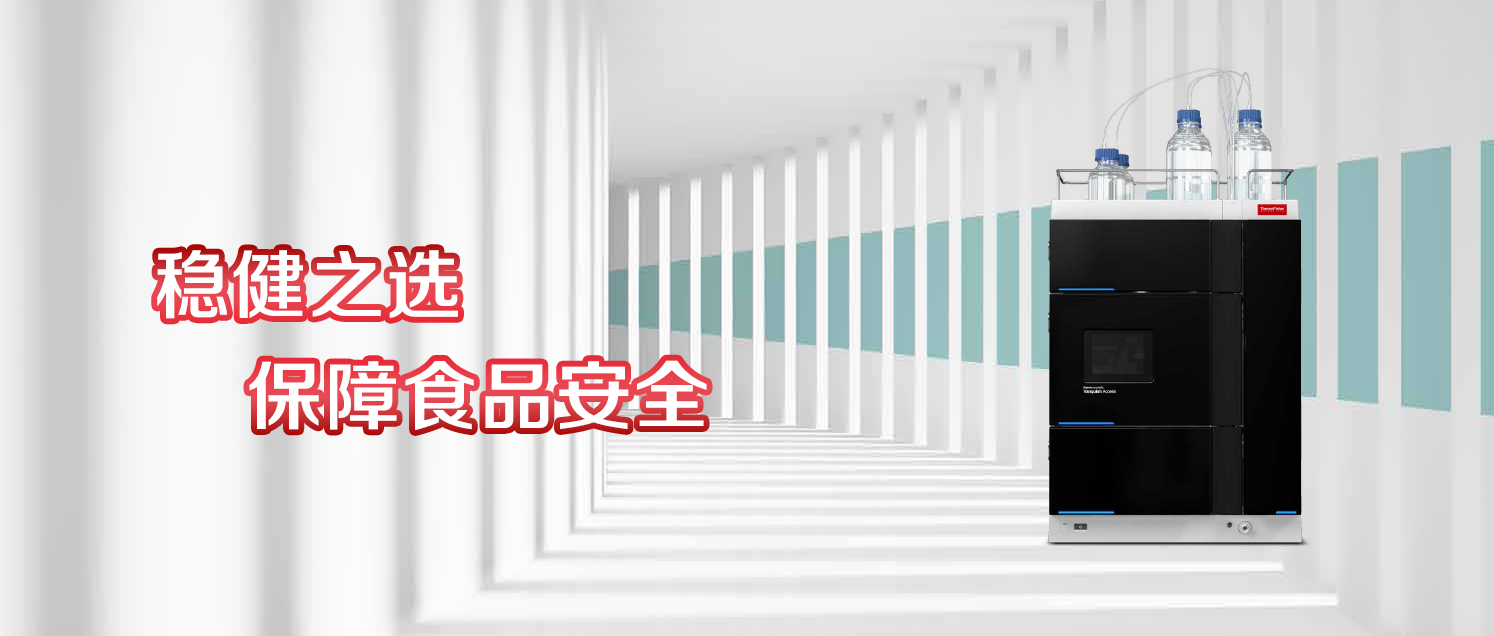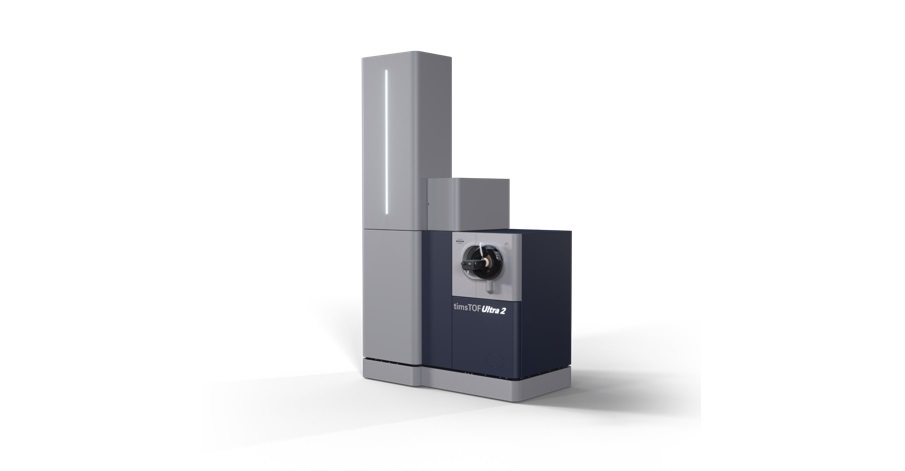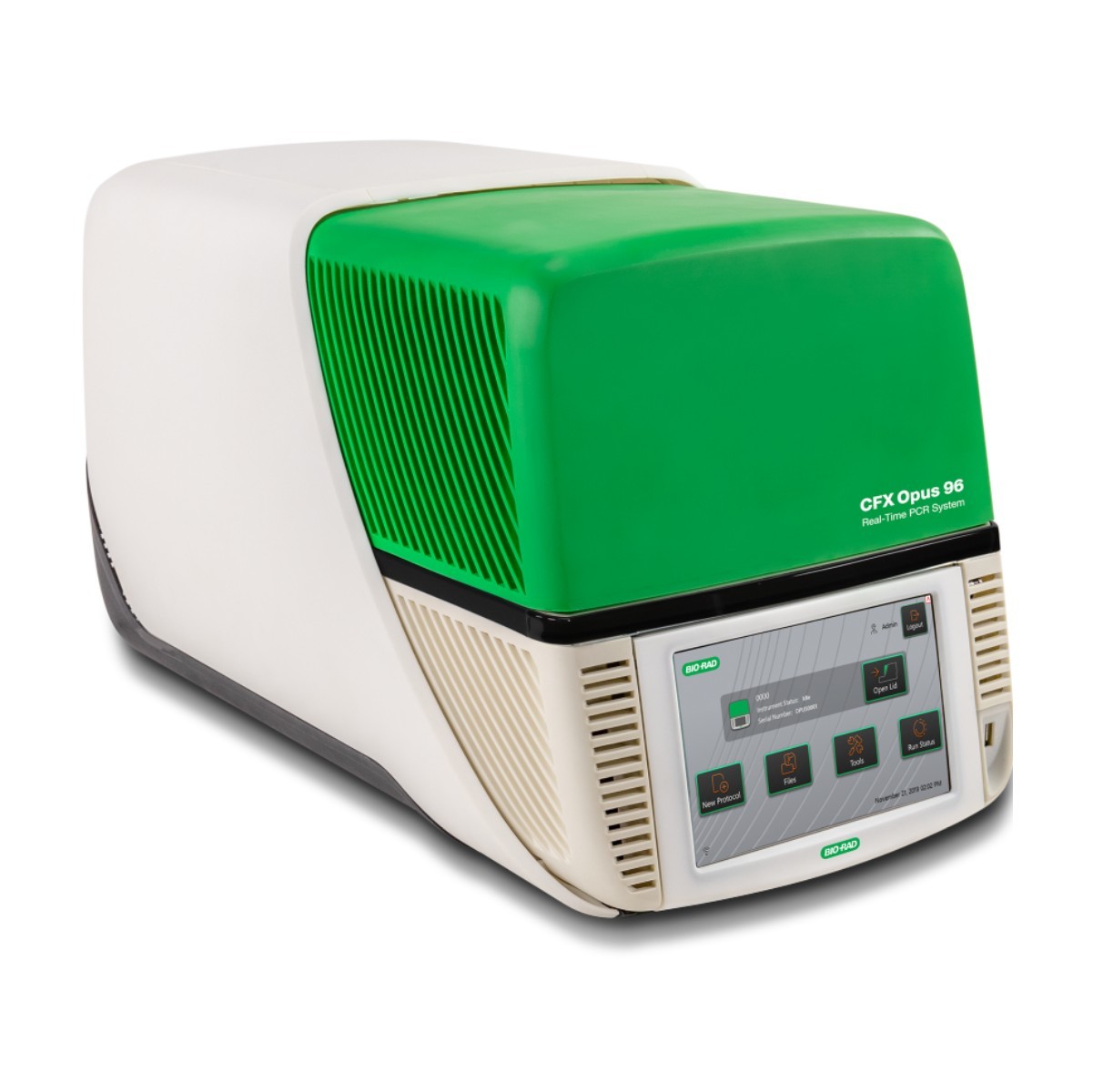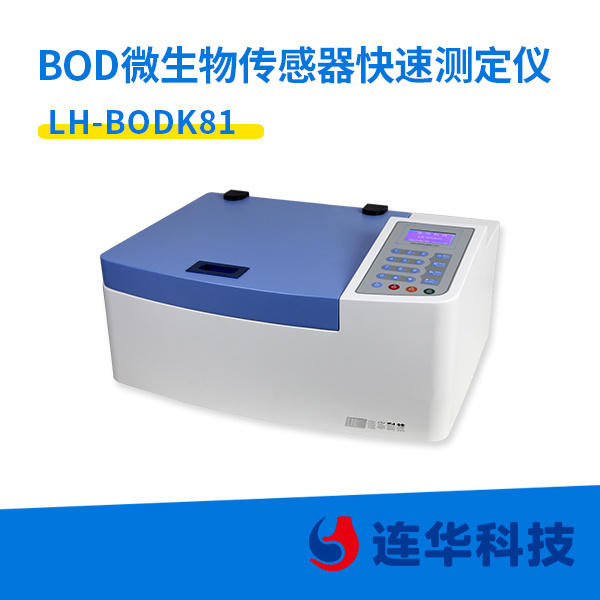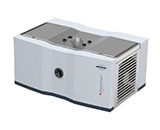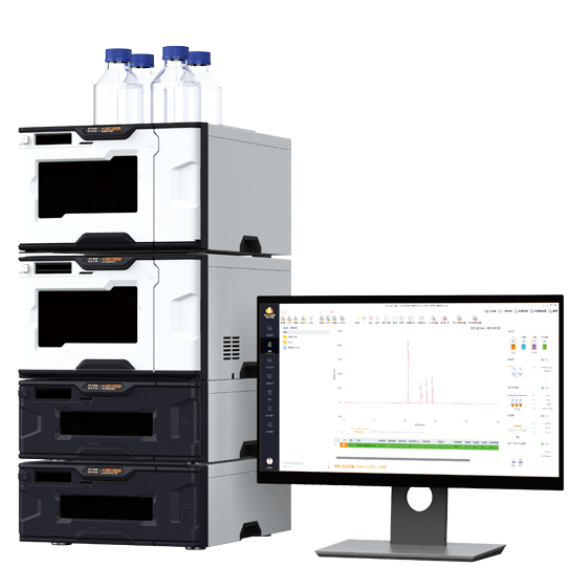Human AQP-4ELISA Kit
Human AQP-4ELISA Kit
Note:
*: [96T/48T]
#: It’s OK to keep the kit in 4℃, if the kit is scheduled to be used up in one week. Please keep the
reagent in -20℃ for long-term storage or repeated use.
The reagent in each vial is slightly more that its volume written on label, please take out the required
volume by certain tools (such as transferpettor, measuring cylinder), rather than pouring directly.
Test principle
This ELISA kit uses Sandwich-ELISA as the method. The micro ELISA plate provided in this kit has
been pre-coated with an antibody specific to Human AQP-4. Standards or samples are then added to the
appropriate micro ELISA plate wells and combined to the specific antibody. Then a biotinylated
detection antibody specific for Human AQP-4 and Avidin-Horseradish Peroxidase (HRP) conjugate is
added to each micro plate well and incubated. Free components are washed away. The substrate
solution is added to each well. Only those wells that contain Human AQP-4, biotinylated detection
antibody and Avidin-HRP conjugate will appear blue in color. The enzyme-substrate reaction is
terminated by the addition of a sulphuric acid solution and the color turn yellow. The optical density
(OD) is measured spectrophotometrically at a wavelength of 450 nm ± 2 nm. The OD value is
proportional to the concentration of Human AQP-4. You can calculate the concentration of AQP-4 in
the samples by comparing the OD of the samples to the standard curve.
Human AQP-4ELISA Kit
Sample collection and storage
Serum - Allow samples to clot for 2 hours at room temperature or overnight at 4°Cbefore
centrifugation for 20 minutes at approximately 1000×g. Collect the supernatant and carry out the
assay immediately. Blood collection tubes should be disposable, non-pyrogenic, and non-endotoxin.
Plasma - Collect plasma using EDTA-Na2 or heparin as an anticoagulant. Centrifuge samples for 15
minutes at 1000×g at 2 - 8°C within 30 minutes of collection. Collect the supernatant and carry out
the assay immediately. Avoid hemolysis, high cholesterol samples.
Human AQP-4ELISA Kit
Tissue homogenates– For general information, hemolysis blood may affect the result, so you should
rinse the tissues with ice-cold PBS (0.01M, pH=7.4) to remove excess blood thoroughly. Tissue
pieces should be weighed and then minced to small pieces which will be homogenized in PBS (the
volume depends on the weight of the tissue. 9mL PBS would be appropriate to 1 gram tissue pieces.
Some protease inhibitor is recommended to add into the PBS.) with a glass homogenizer on ice. To
further break the cells, you can sonicate the suspension with an ultrasonic cell disrupter or subject it to
freeze-thaw cycles. The homogenates are then centrifugated for 5minutes at 5000×g to get the
supernate.
Cell culture supernate – Centrifuge supernate for 20 minutes to remove insoluble impurity and cell
debris at 1000×g at 2 - 8°C. Collect the clear supernate and carry out the assay immediately.
Human AQP-4ELISA Kit
Other biological fluids –Centrifuge samples for 20 minutes at 1000×g at 2 - 8°C. Collect the
supernatant and carry out the assay immediately. (You can refer to our website for detailed processing
Sample preparation – Samples should be clear and transparent and be centrifuged to remove
suspended solids.
Note: Serum and plasma to be used within 7 days when stored at 2-8°C, otherwise samples must be
divided and stored at -20°C (≤1 month) or -80°C (≤6 months) to avoid loss of bioactivity and
contamination. Avoid freeze-thaw cycles. When performing the assay slowly bring samples to room
temperature. If the sample concentration is higher than the maximum standard value, please dilute it
with appropriate factor according to the actual situation. (A pre-test is recommended to determine the
dilute factor).
Other supplies required
Microplate reader with 450nm wavelength filter
High-precision transferpettor, EP tubes and disposable pipette tips
37°C Incubator, Deionized or distilled water
Absorbent paper
Human AQP-4ELISA Kit
Reagent preparation
Bring all reagents to room temperature before use.
Wash Buffer - Dilute 30mL of Concentrated Wash Buffer into 750 mL of Wash Buffer with deionized
or distilled water. Put unused solution back at 4°C. If crystals have formed in the concentrate, you can
warm it with 40°Cwater bath (Heating temperature should not exceed 50°C) and mix it gently until the
crystals have completely dissolved. The solution should be cooled to room temperature before use.
Standard- Centrifuge at 10,000×g for 1 minute, and reconstitute the Standard with 1.0mL of
Reference Standard &Sample Diluent. Tighten the lid, let it stand for 10 minutes and turn it upside
down for several times. After it dissolves fully, mix it thoroughly with a pipette. This reconstitution
produces a stock solution of 20ng/mL. Then make serial dilutions as needed (Making serial dilution
in the wells directly is not permitted). The recommended concentrations are as follows:20、10、5、2.5、
1.25、0.625、0.313、0ng/mL . As if you want to make standard solution at the concentration of
10ng/mL, you can take 0.5mL the standard at 20ng/mL, add it to an EP tube with 0.5mL Reference
Standard &Sample Diluent, and mix it. The procedures of making the remaining concentrations are all
the same. The undiluted standard serves as the highest standard (20ng/mL). The Reference Standard
&Sample Diluent serves as the zero (0ng/mL).
(500μL/tube,for example. Can also be diluted according to the actual amount,such as 200μL/tube)
更多![]()
五一劳动节放假通知及服务保障
厂商
2024.05.11
重磅!赛默飞化学品全新官网发来袭,新注册送定制冰箱贴!
厂商
2024.05.27
新品品鉴 | 稳健之选,保障食品安全
新品
2024.06.05
ASMS 新品速递 | timsTOF Ultra 2 引领极微量样本蛋白组学研究
新品
2024.06.12





